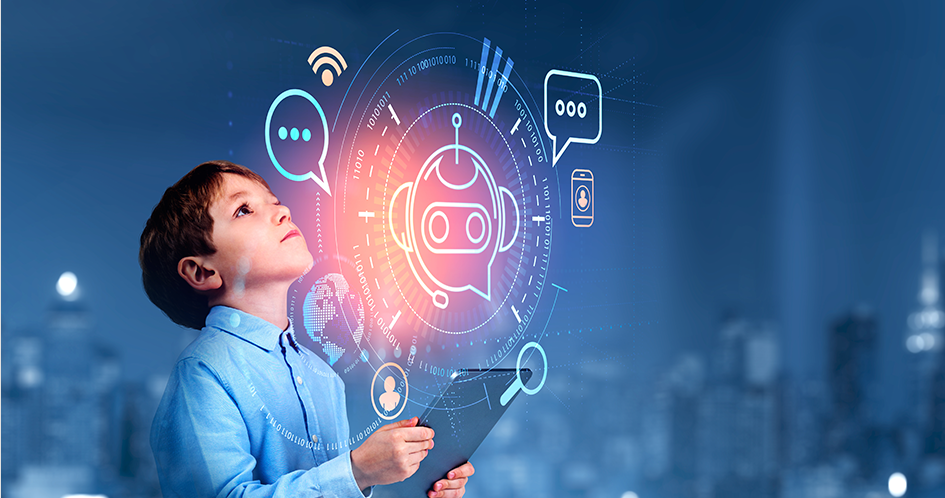3. Manufacturing:
In the manufacturing sector, artificial intelligence is driving automation, efficiency, and productivity. AI-powered robots and autonomous systems can perform complex tasks with precision and speed, leading to cost savings and increased output. Additionally, AI-enabled predictive maintenance can anticipate equipment failures and schedule maintenance proactively, reducing downtime and minimizing disruptions to production.
4. Transportation:
Artificial intelligence is revolutionizing the transportation industry with the development of self-driving cars, trucks, and drones. AI algorithms can analyze sensor data, detect obstacles, and navigate complex environments with a level of precision and reliability that surpasses human drivers. Additionally, AI-powered traffic management systems can optimize routes, reduce congestion, and improve the efficiency of transportation networks.
Conclusion:
Artificial intelligence is transforming industries and shaping the future of work, commerce, and society. From healthcare and finance to manufacturing and transportation, AI technologies are driving innovation, increasing efficiency, and unlocking new opportunities for growth and development. As artificial intelligence continues to evolve and mature, its impact on our lives and livelihoods will only continue to grow, ushering in a new era of possibility and progress.

